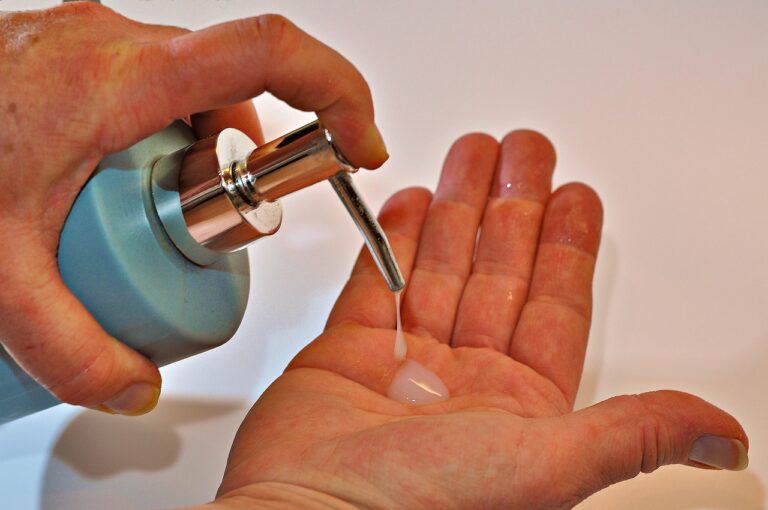The Role of Iron in Energy Production
Iron plays a vital role in cellular respiration, a process essential for the survival of all living organisms. Within the cells, iron is a key component of various enzymes involved in the electron transport chain, which is crucial for producing energy in the form of adenosine triphosphate (ATP).
The presence of iron in these enzymes facilitates the transfer of electrons between different molecules, allowing the process of oxidative phosphorylation to take place efficiently. Without sufficient iron levels, the electron transport chain would be disrupted, leading to a decrease in ATP production and ultimately affecting the overall energy metabolism of the cell.
How Iron Helps in the Production of ATP
Iron plays a critical role in the production of adenosine triphosphate (ATP) within cells. As a key component of cytochromes in the electron transport chain, iron is essential for the transfer of electrons during oxidative phosphorylation. This process generates a proton gradient across the inner mitochondrial membrane, driving the synthesis of ATP by ATP synthase.
Furthermore, iron is a cofactor for enzymes involved in key steps of ATP production, such as the Krebs cycle. Specifically, iron is necessary for the activity of aconitase and succinate dehydrogenase, which are enzymes that participate in the generation of high-energy molecules like NADH and FADH2. Without sufficient iron levels, these enzymes cannot function optimally, leading to a decrease in ATP production within the cell.






